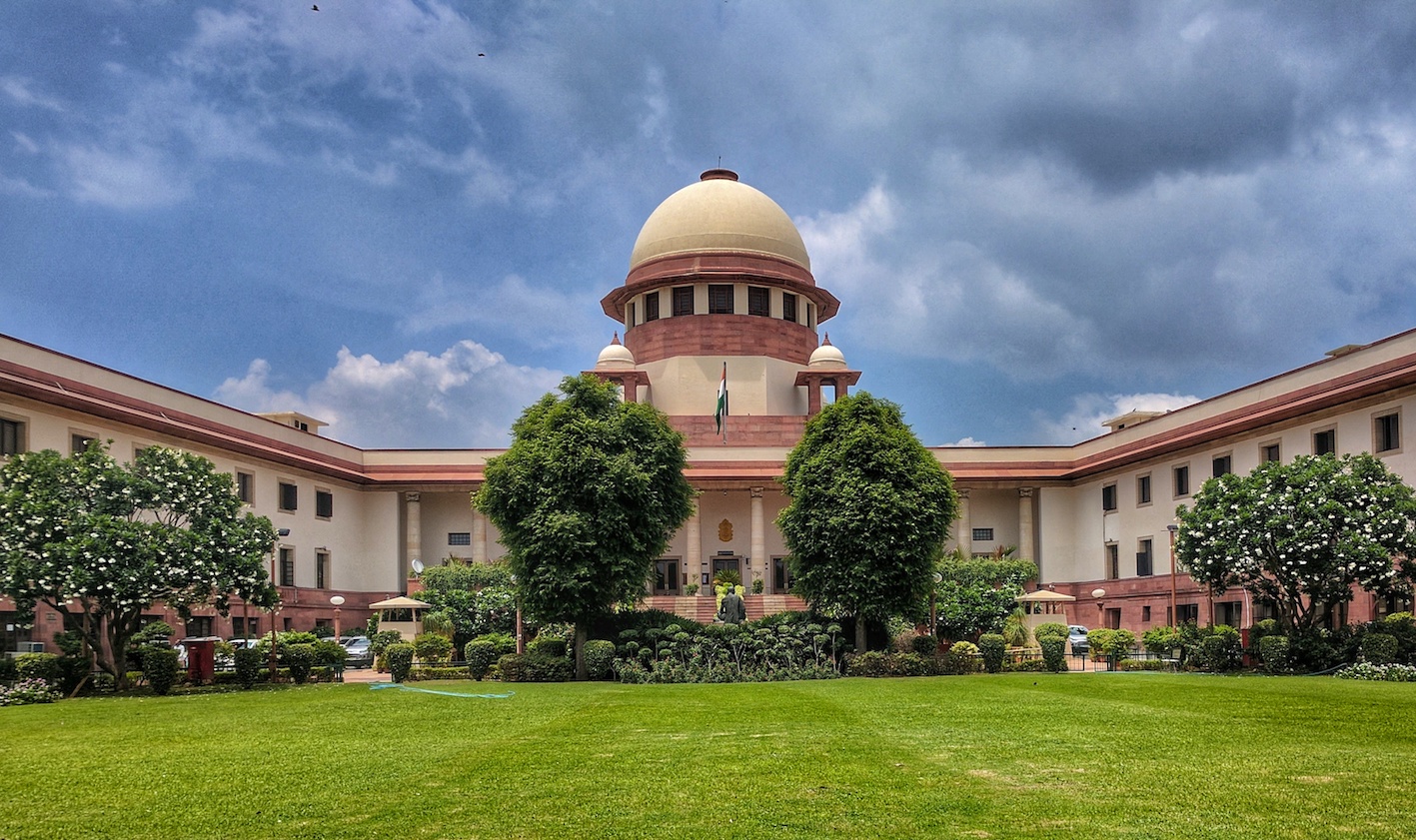The procedure of renewal of recognition was to be the same as applicable for award of recognition i.e., under Section 10A of the IMC Act: Delhi High Court
In the absence of an inspection and verification of the available infrastructure of the petitioners, in the facts and circumstances of the case, it is not possible to direct the respondents to permit the petitioners to admit students for the year 2020-21, the relief for the year 2019-20 being infructuous. This judgment was delivered by single bench comprising hon’ble Justice Jayant Nath at Delhi High Court in the matter of Chintpurni Medical College and Hospital and anr. v. Union of India and anr. [W.P. (C) 7918 of 2019]. In this case, the facts undisputedly show that presently, the petitioner College has no students. It had admitted students for three academic years, namely, 2011-12, 2014-15 and 2016-17. All the students had been transferred out to other colleges by the State of Punjab.
The petitioner in the present petition alleged that the applicants own a hospital to which is appended the petitioner College. The clinical offices of the hospital are accessible to the College to instruct. The State of Punjab gave an Essentiality Certificate on 07.12.2010 for the petitioner College keeping into account the accessible framework offices, gear, staff strength, and so on. The petitioner is said to have applied to respondent No.1 for grant of recognition/approval of the petitioner College for awarding of MBBS Degrees (150 seats) to be granted by Baba Farid University of Health Sciences, Faridkot under Section 11(2) of the Indian Medical Council Act, 1956. It is stated that respondent No.1 vide gazette notification dated 26.09.2016 granted recognition to the petitioner College for award of MBBS Degree for 150 intakes on the basis of approval communicated by the Supreme Court Mandated Oversight Committee.
It is stated that thereafter, an assessment to verify the deficiencies pointed out in various previous assessment reports was carried out by the Council of Assessors of respondent No.2 on 07.03.2017. This writ petition is filed by the petitioners seeking quashing of the communication dated 21.05.2019 issued by respondent No.2, the then Medical Council of India, by which communication respondent No.2 held that the request of the petitioner College to admit students in the MBBS course for the academic year 2019-20 cannot be granted. The aforesaid communication dated 31.05.2017 was challenged by the petitioners before the Supreme Court in W.P.(C)423/2017. The Supreme Court vide order dated 01.08.2017 directed the Central Government to hear the petitioners and take assistance of the newly constituted Committee as per the earlier orders of the Supreme Court and pass a reasoned order. The Central Government/respondent No.1 on 29.08.2017 reiterated its earlier decision dated 31.05.2017. the students studying in the petitioner College for the academic year 2013-14 filed a writ petition before the High Court of Punjab & Haryana seeking a direction to shift the students to some other recognized medical college in the State of Punjab. The above writ petition was allowed by the Single Judge of the said High Court and by the Division Bench. The petitioners filed an SLP No.33321/2017. However, in the meantime the State of Punjab shifted all the students of the petitioner College to other medical colleges. Hence, it is stated that SLP 33321/2017 became infructuous.
On 10.05.2018, the Supreme Court dismissed the writ petition being W.P.(C) No.423/2017 challenging the orders of the Central Government/Respondent No.1 dated 29.08.2017 stating that the petitioner College would be entitled to pursue the permission for the academic years 2019- 20 and 2020-21 after the period of ban, in accordance with law. The petitioners challenged the aforesaid communication dated 21.05.2019 issued by respondent No.2 in the Supreme Court by filing a writ petition being W.P.(C)856/2019. The writ petition was, however, withdrawn with liberty to approach this court on 15.07.2019. Hence, the present writ petition.
The hon’ble High Court opined that the aforesaid controversy need not detain me any further. In terms of the recognition granted to the petitioners dated 26.09.2016, the recognition granted was in the peculiar facts and circumstances subject to a maximum period of five years upon which it had to be renewed. The procedure of renewal of recognition was to be the same as applicable for award of recognition i.e., under Section 10A of the IMC Act. Failure to seek timely renewal of recognition as required was to result in stoppage of admissions for the concerned undergraduate course. It is clear that as the plea for taking admission for the academic year 2020-21 of the petitioner is infructuous, the petitioner would have to take steps in terms of the notification dated 20.09.2016 to renew its recognition. There is clearly no merit in the present petition and the same is dismissed. Pending applications also stand dismissed.




